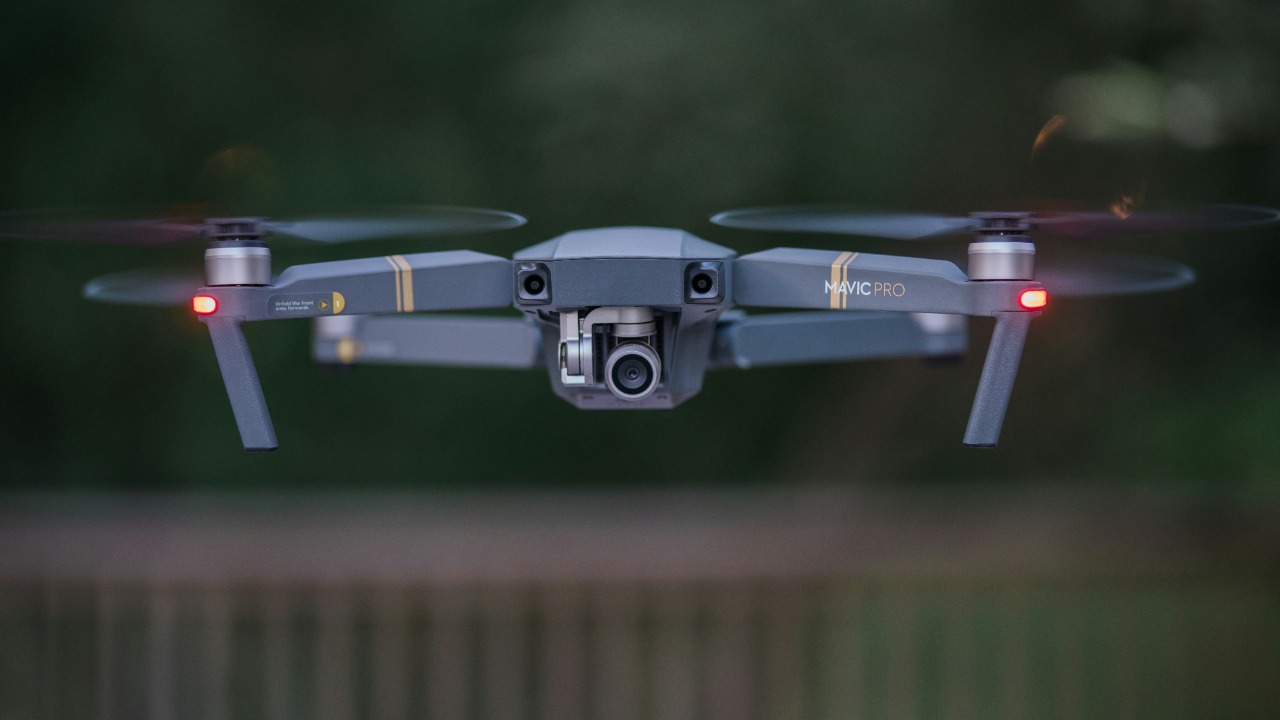
The Federal Communications Commission (FCC) is taking significant steps towards banning DJI, a leading Chinese drone manufacturer, from selling and importing its products in the United States. This move is driven by national security concerns, with the FCC’s decision being expedited by calls from prominent US senators. DJI has responded to this impending ban, providing clarity on what it could mean for users. Despite the looming ban, DJI’s Mavic 4 Pro remains available at major retailers.
The Origins of the FCC’s DJI Ban Initiative
The FCC’s initiative to ban DJI drones is part of a broader process to revoke equipment authorizations for these devices. This move is primarily driven by national security concerns associated with Chinese-made drones, including those manufactured by DJI. The rationale behind the ban is rooted in the potential risks these drones pose, such as the potential for data breaches or espionage.
This initiative is not without precedent. It builds on previous legislative efforts aimed at restricting the presence of foreign drone technology in the US market. The focus on DJI, in particular, underscores the growing tension between the US and China in the technology sector.
Senatorial Pressure to Accelerate the Ban
Florida Senator Rick Scott has been a vocal advocate for the ban, urging the FCC to expedite the process. On October 21, 2025, he called on the FCC to fast-track the DJI drone ban, highlighting the potential national security risks.
Similarly, another US senator sent a letter to the FCC on October 24, 2025, specifically requesting a ban on China’s two biggest drone makers. This bipartisan support and the political motivations driving these calls underscore the urgency and seriousness of the situation.
DJI’s Official Response to the Ban
In response to the new US drone ban law passed by the FCC, DJI issued a statement on November 4, 2025. The company outlined what the ban could mean for users, including potential impacts on existing drone operations and support. DJI’s response provides some clarity for users who may be uncertain about the future of their DJI drones.
DJI also presented arguments against the ban, emphasizing its commitment to security and its significant market presence. The company’s response highlights the potential consequences of the ban, not just for DJI, but for the broader drone industry as well.
Current Status of the FCC Ban Process
As of November 4, 2025, the FCC is closer to enforcing the DJI ban. The agency is currently in the process of finalizing the procedural steps involved in the ban. The timeline for potential enforcement includes deadlines and reviews that could finalize the ban.
The scope of the ban is extensive, covering the sale, import, and use of DJI equipment in the US. This comprehensive ban could have significant implications for the drone industry and DJI users in the country.
Availability of DJI Products Amid the Ban Threat
Despite the impending ban, DJI’s Mavic 4 Pro remains in stock at major retailers. This availability suggests that consumers still have access to DJI models and accessories in the current market window before any ban takes effect. The continued availability of DJI products could trigger a rush of purchases as consumers seek to acquire these drones before the ban is enforced.
Retailers’ responses to the ban news will also be crucial. Some may choose to stockpile DJI products, while others may opt to clear their inventories before the ban takes effect.
Implications for the US Drone Industry
The ban on DJI could have far-reaching effects on American drone users, including professionals in agriculture, filmmaking, and public safety. These sectors rely heavily on DJI drones, and the ban could disrupt their operations.
However, the ban could also create opportunities for domestic or alternative drone makers to fill the market gap left by DJI’s exclusion. This shift could lead to job losses in drone-related sectors and changes in supply chains, impacting the broader economy.
More from MorningOverview